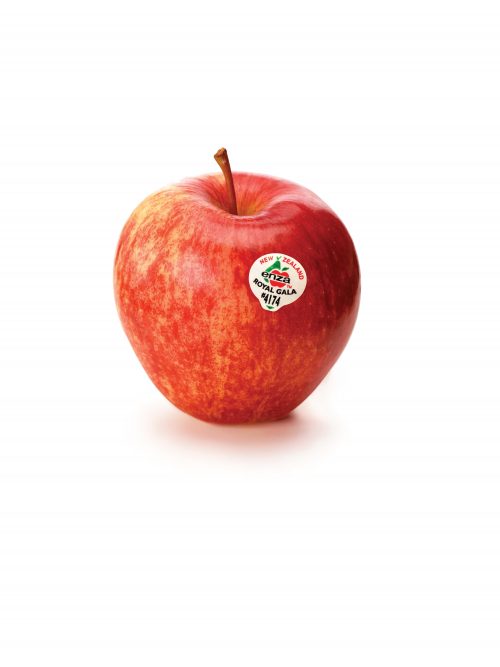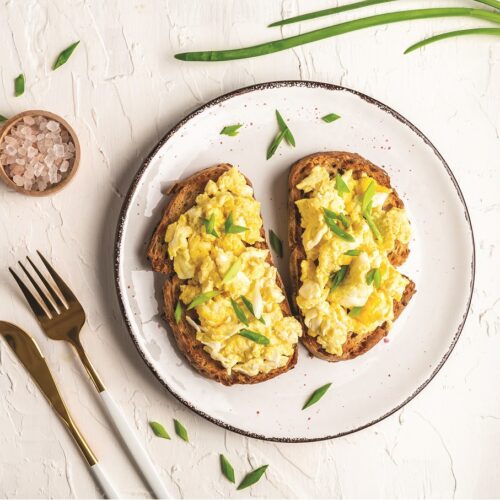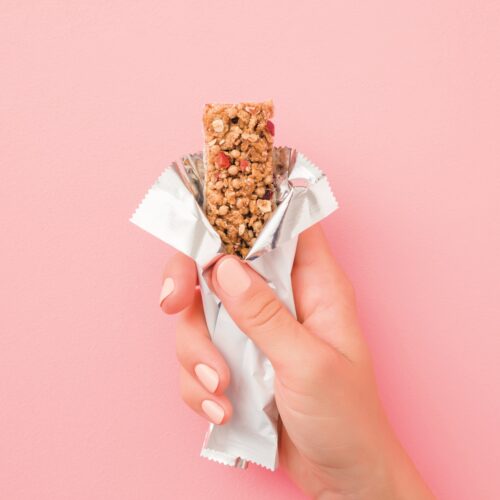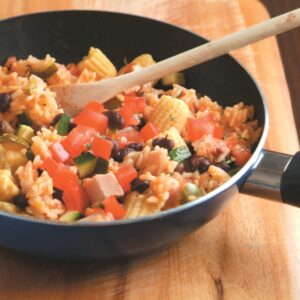
Buying
Look for firm unblemished fruit with rich colouring. A damaged apple releases ethylene, a gas which speeds the ripening process, which in turn can spoil other fruit/vegetables, making the ‘one rotten apple spoils the whole barrel’ idiom true. Apples suited to cooking tend to be larger (and more acidic).
Storing
Handle apples with care and remove damaged apples from the bunch. Apples are best eaten as fresh as possible, but the fruit can be stored for up to three to four months, ideally in the fridge. Sliced apples freeze well in plastic bags or containers.
Nutrition
Apples contain soluble fibre, which has been shown to lower cholesterol. Their skins are particularly nutritious, containing two to six times the antioxidant activity of the flesh. Both red and green skins are high in quercetin, a powerful antioxidant with heart-protective properties.
Using
Tart cooking apples lose tartness when cooked, so taste for the amount of added sugar when preparing stewed/pureed apples (apple sauce) for recipes. If using raw apple in recipes, sprinkle slices with a little lemon during preparation to keep the fruit flesh from browning. Simply add sliced or chopped apples to fruit or green salads (such as a Waldorf salad). Apple complements pork well: serve caramelised apple slices or apple sauce with pork, or for a variation, try Pork and apple burgers, Spicy pork skewers with apple coleslaw, or for a hint of exotic, try Moroccan pork with apple. Apple is great in sweet treats such as pies, crumbles and strudels, and use apple sauce instead of sugar in baked treats such as our popular HFG chocolate brownie.
Did you know? Braeburn is New Zealand’s largest volume variety of apple, Royal Gala the second largest.
www.healthyfood.com










